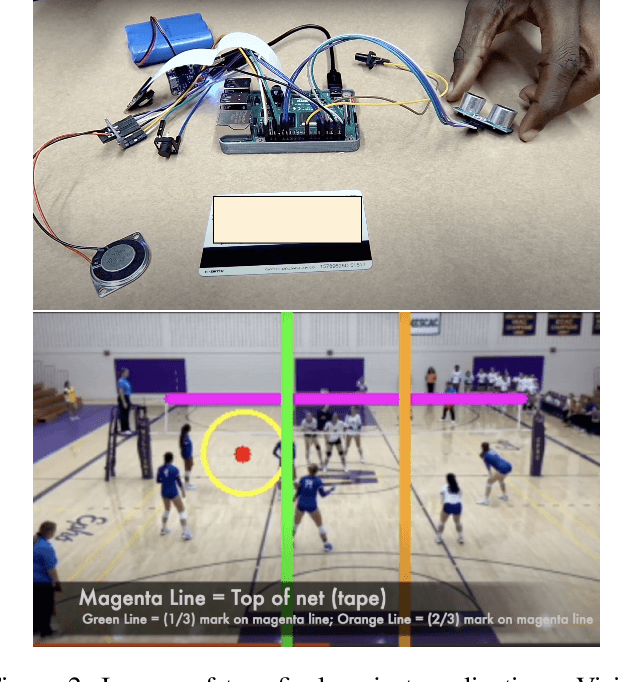Computational Thinking with Computer Vision: Developing AI Competency in an Introductory Computer Science Course
Paper and Code
Mar 24, 2025



Developing competency in artificial intelligence is becoming increasingly crucial for computer science (CS) students at all levels of the CS curriculum. However, most previous research focuses on advanced CS courses, as traditional introductory courses provide limited opportunities to develop AI skills and knowledge. This paper introduces an introductory CS course where students learn computational thinking through computer vision, a sub-field of AI, as an application context. The course aims to achieve computational thinking outcomes alongside critical thinking outcomes that expose students to AI approaches and their societal implications. Through experiential activities such as individual projects and reading discussions, our course seeks to balance technical learning and critical thinking goals. Our evaluation, based on pre-and post-course surveys, shows an improved sense of belonging, self-efficacy, and AI ethics awareness among students. The results suggest that an AI-focused context can enhance participation and employability, student-selected projects support self-efficacy, and ethically grounded AI instruction can be effective for interdisciplinary audiences. Students' discussions on reading assignments demonstrated deep engagement with the complex challenges in today's AI landscape. Finally, we share insights on scaling such courses for larger cohorts and improving the learning experience for introductory CS students.
 Add to Chrome
Add to Chrome Add to Firefox
Add to Firefox Add to Edge
Add to Edge